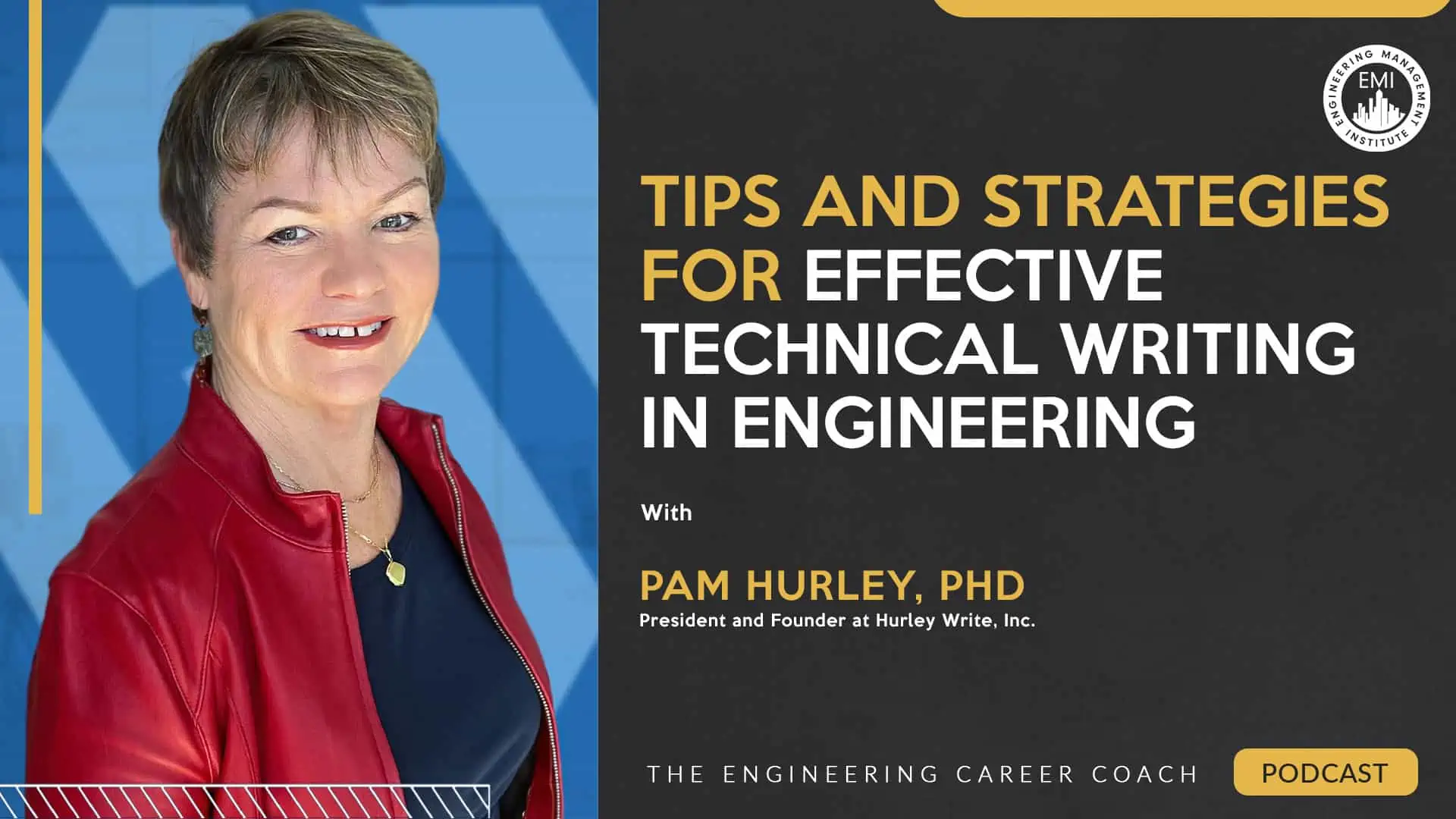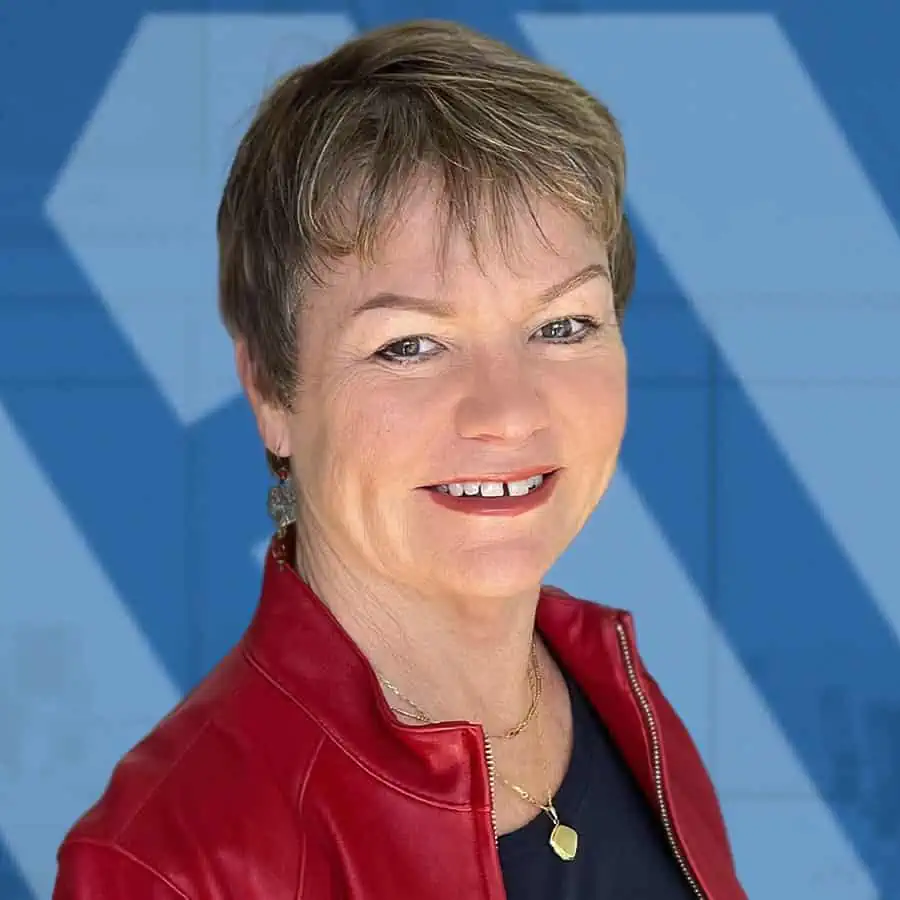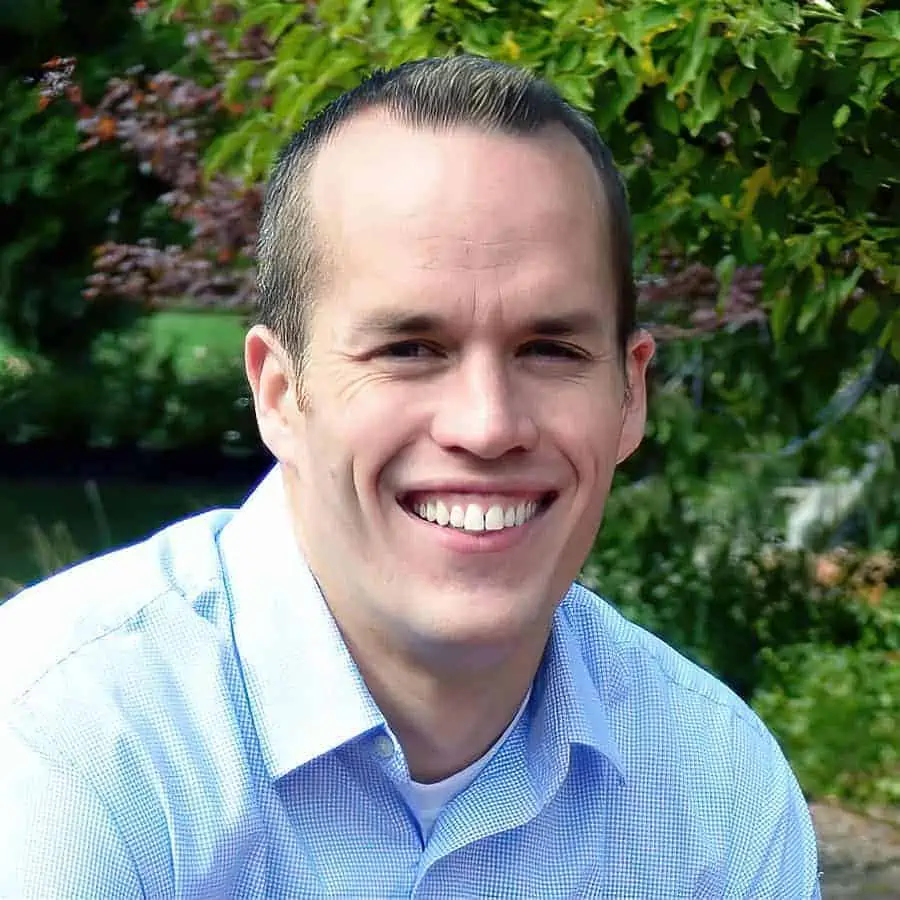Podcast: Play in new window | Download | Embed

***The video version of this episode can be viewed here.***
Engineering Quotes:
Here Are Some of the Key Points Discussed About Tips and Strategies for Effective Technical Writing in Engineering:
- Engineers face the challenge of writing clearly and concisely, especially when communicating complex technical concepts to a non-technical audience.
- Engineers can improve their writing by viewing it as problem-solving and focusing on the desired outcome. This means understanding the communication problem they are trying to solve, their target audience, and the desired outcome. Once they have this understanding, they can use their problem-solving skills to craft a message that is clear, concise, and engaging.
- For engineers, documents are more than just words on a page. They are the ultimate deliverable that shapes how technical and non-technical audiences perceive their competence, intelligence, and the quality of their work. Therefore, effective communication hinges on crafting documents that convey ideas clearly and project a positive image (ethos).
- Audiences tend to focus on visuals before text, so clear and concise visuals should complement rather than replace text. Effective visuals pass the “grunt test,” conveying their message in seconds. Overloading visuals in presentations can hinder understanding, so clarity is key for effective communication.
- Engineers should prioritize a holistic editing approach, using a checklist to ensure documents align with the reader’s needs, maintain a logical flow, and present clear concepts. While proofreading is important, it’s more efficient to mark issues and continue writing, enabling creative problem-solving and benefiting from incubation when needed.
- Taking the time to plan is crucial. The 80-20 Rule applies, with 80% of the effort spent on planning and only 20% on actual writing. Rushing through without considering the audience can lead to issues. In writing, it’s essential to do a deep dive into reader attributes and employ specific strategies, tailored to skeptical versus receptive readers, recognizing that their attitudes demand distinct approaches, even within the same document.
- To write effectively, engineers should start with a clear outcome in mind, ensuring that every piece of information contributes to the desired conclusion. Avoid including irrelevant details driven by personal interest, as this can lead to excessive content, known as overwriting.
- For engineers seeking to enhance their writing skills, two simple practices are highly effective. Firstly, dedicating just 15 minutes daily to writing helps improve their abilities significantly. Secondly, reading for 15 minutes daily, including novels and newspaper articles, exposes them to language nuances and sentence structures, and enhances overall writing proficiency. These straightforward habits can prove more valuable than extensive technical writing textbooks.
- The impact of using audiobooks versus traditional reading on enhancing one’s ability to think differently and improve writing skills hasn’t been extensively researched. While the method of consuming content may vary, such as using audiobooks or traditional reading, the outcome likely depends on individual preference and adaptability, rather than substantial differences in their effectiveness in fostering new ways of thinking and enhancing writing.
More in This Episode…
In the Take Action Today segment of the show, Pam talks about why engineers should take the time to plan and develop their writing process.
About the Guest, Pam Hurley, PhD

She started the business for one simple reason: As an academic, she saw her students struggle with their writing. Many of them simply had the attitude that they “couldn’t” write.
While in graduate school, Pam was introduced to the concept of readability studies and a lightbulb went off! She knew that these concepts could help her students. And they did. When she started teaching these concepts, students’ writing began to improve, they seemed to struggle less with their writing, and many of them commented on how much easier it was to write.
Clients include engineers in companies such as Raytheon, Intel, and United Technologies; biotech and pharma professionals at Genentech, Bayer, and Novartis; and financial and IT professionals in organizations such as Discover Financial, PCAOB, and Dillard’s.
About the Host, Jeff Perry, MBA

You can connect with Jeff on LinkedIn at https://www.linkedin.com/in/jeffcperry/ or visit his website, https://morethan-engineering.com. Jeff also has a new, FREE, on-demand training course for engineers who are job searching or in job transitions. You can see it at https://engineeringcareeraccelerator.com.
Resources and Links Mentioned in This Session Include:
Hurley Write, Inc.
Aristotle’s Ethos
The Grunt Test
Grammarly
Connect with Pam Hurley, PhD, on LinkedIn
We would love to hear any questions you might have or stories you might share on tips and strategies for effective technical writing in engineering.
Please leave your comments, feedback, or questions in the section below.
To your success,
Jeff Perry, MBA
Host of The Engineering Career Coach Podcast





